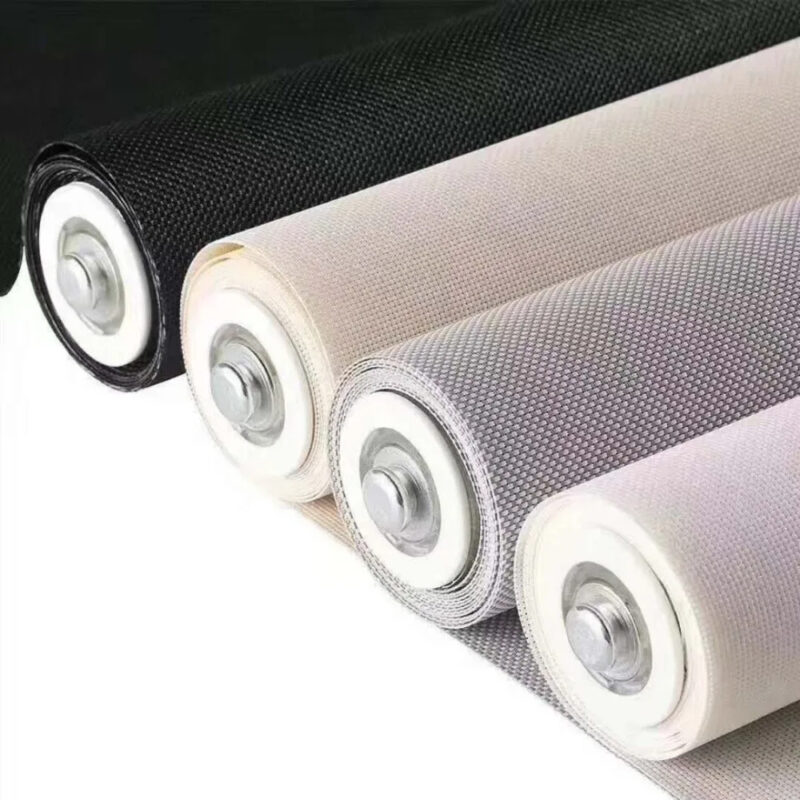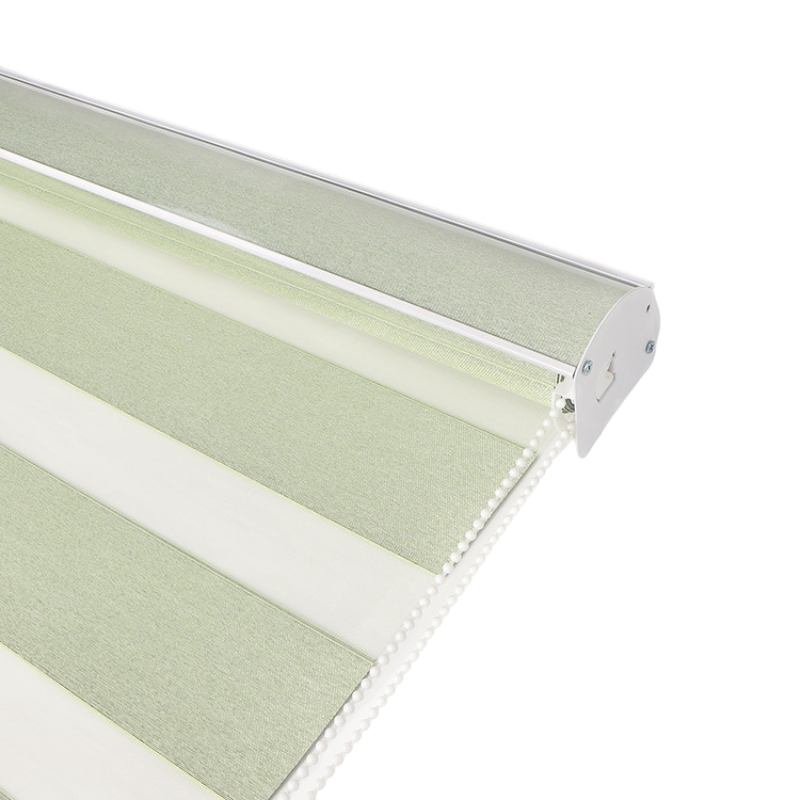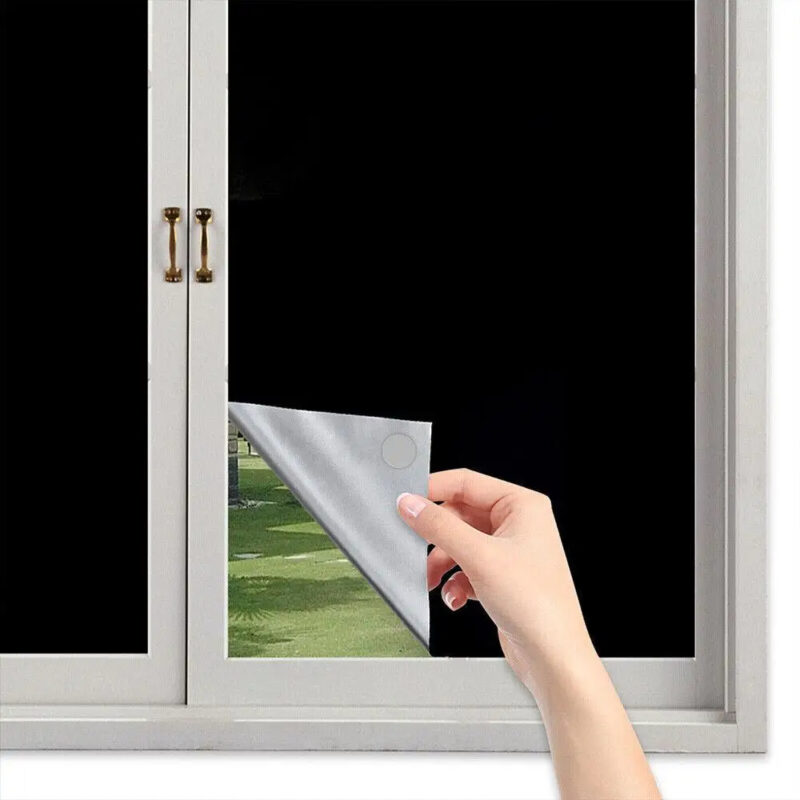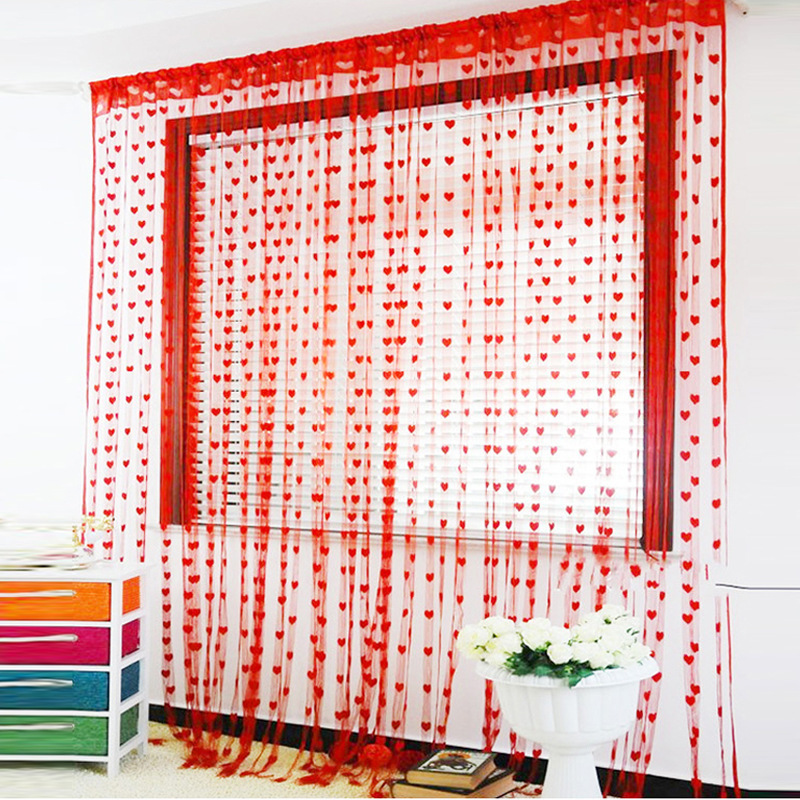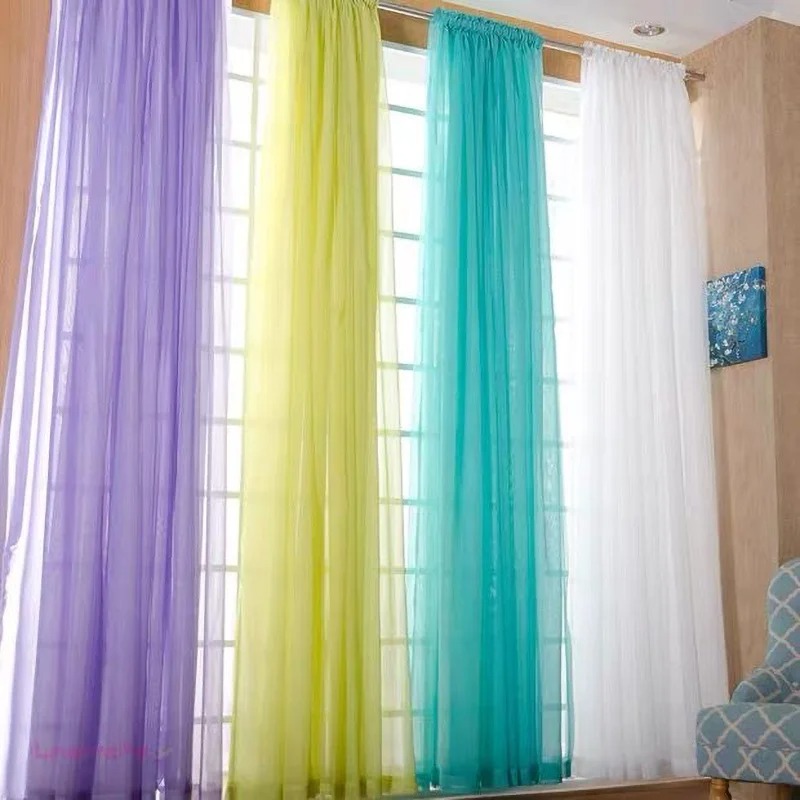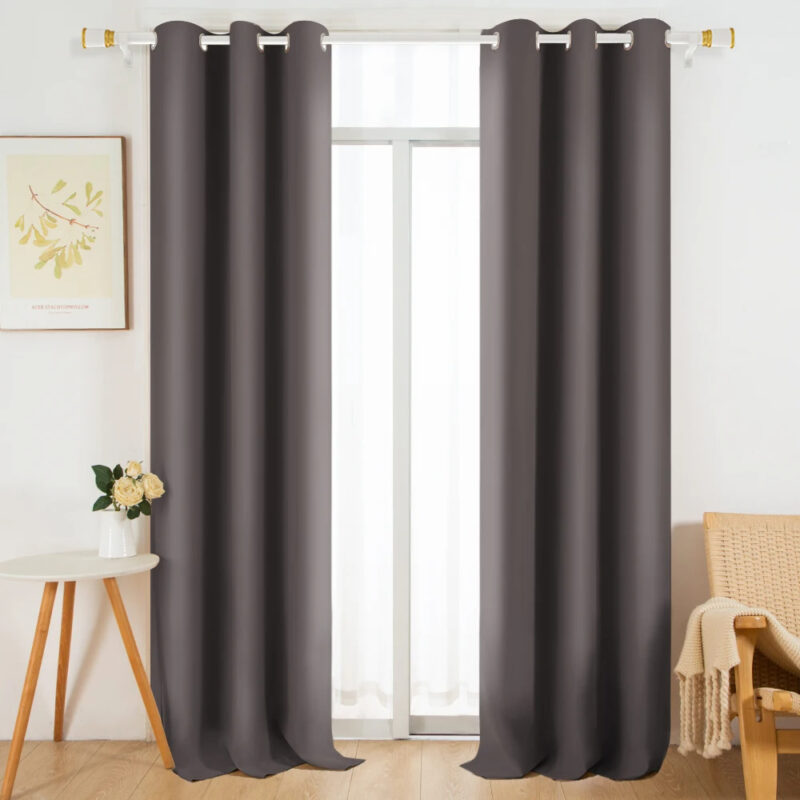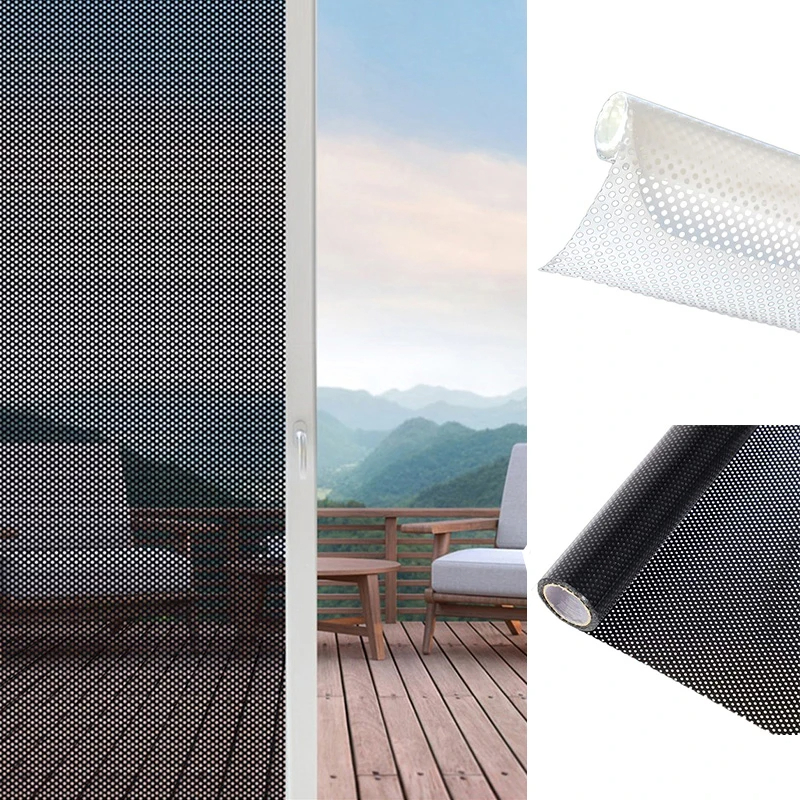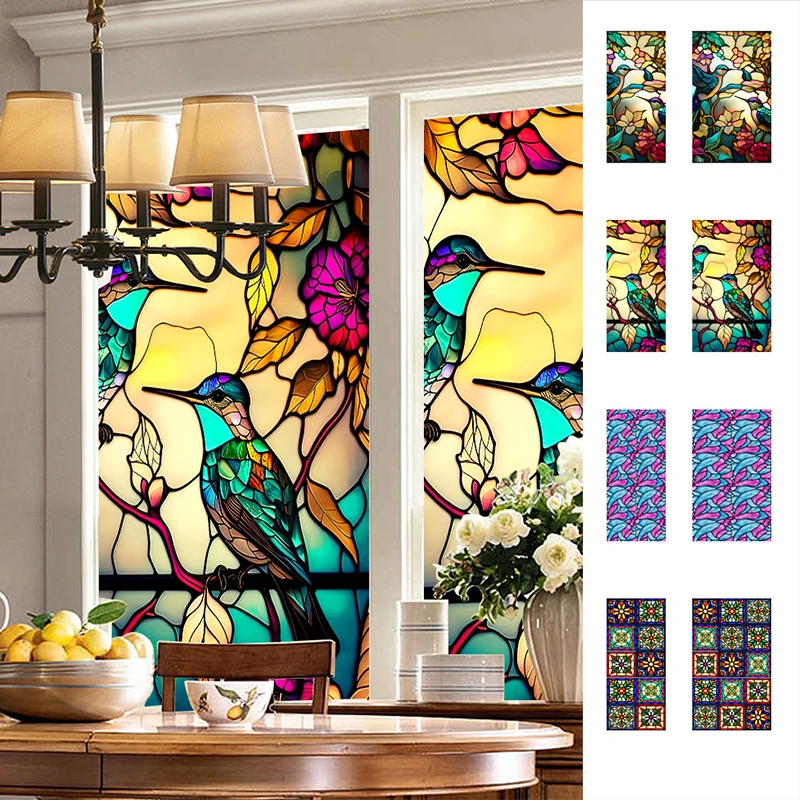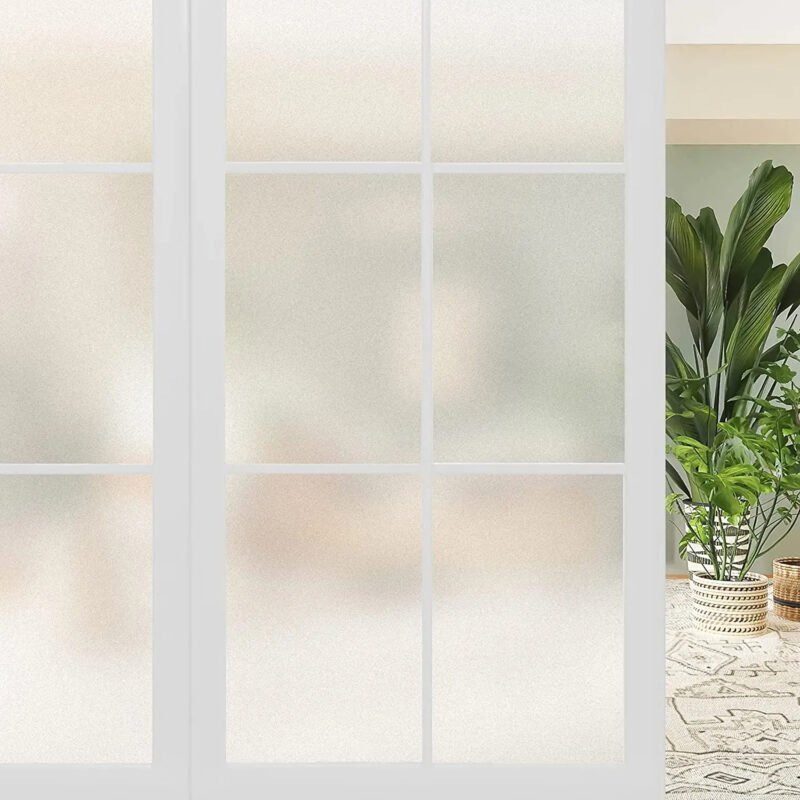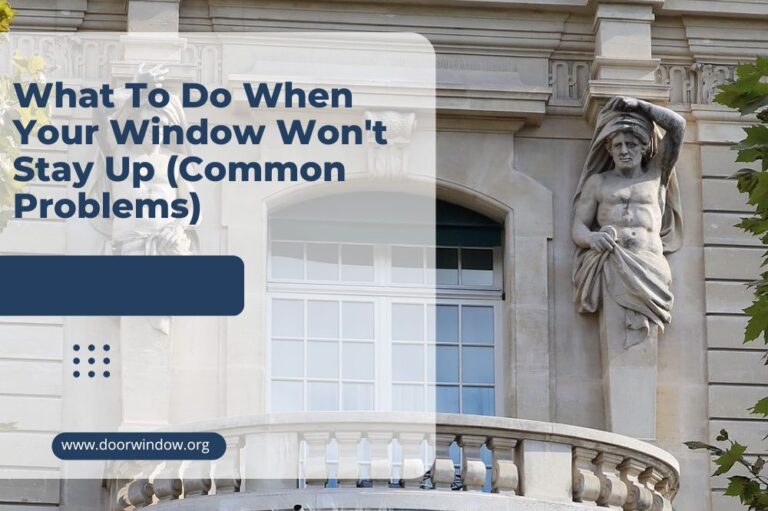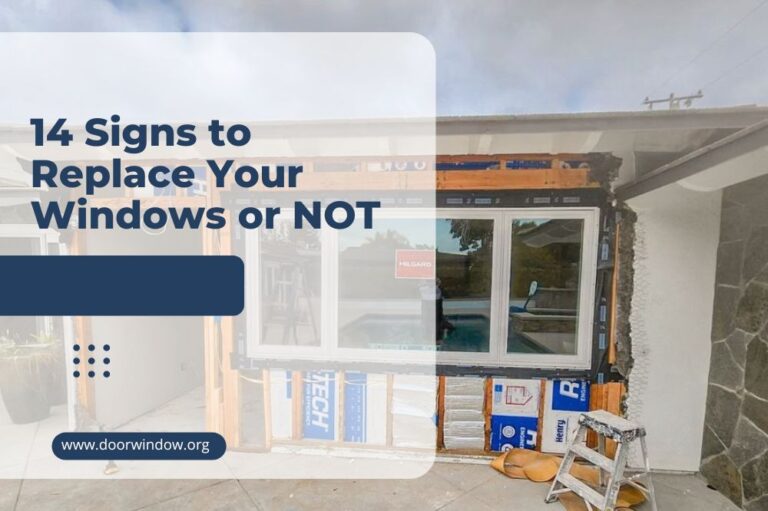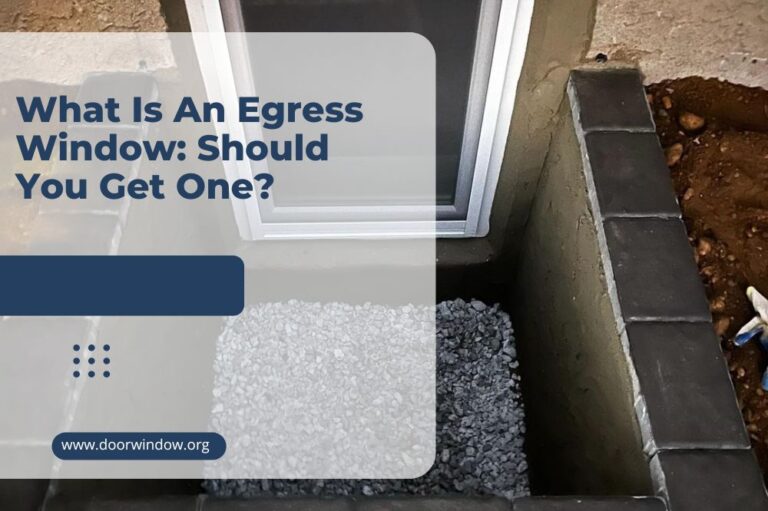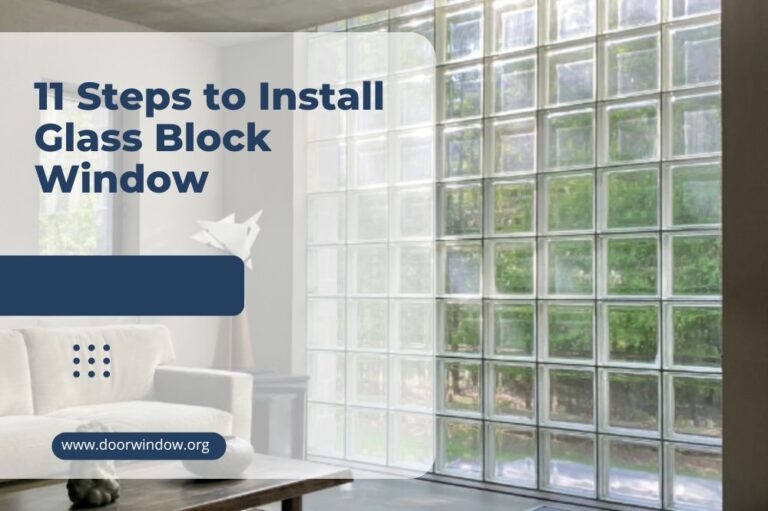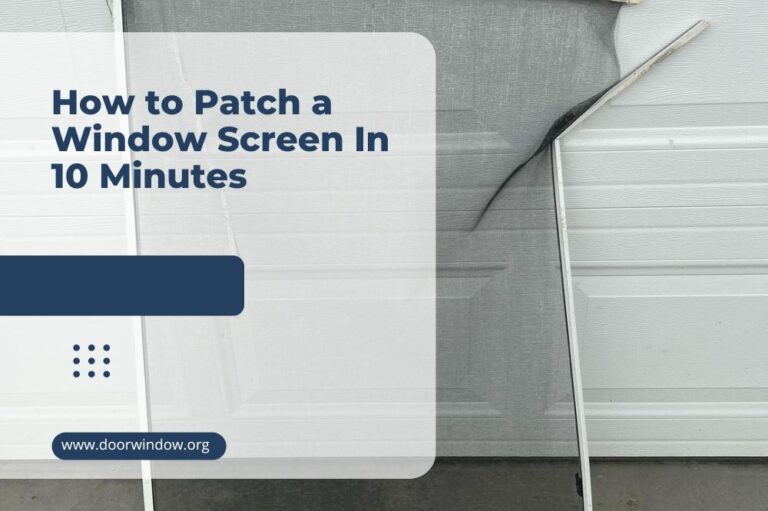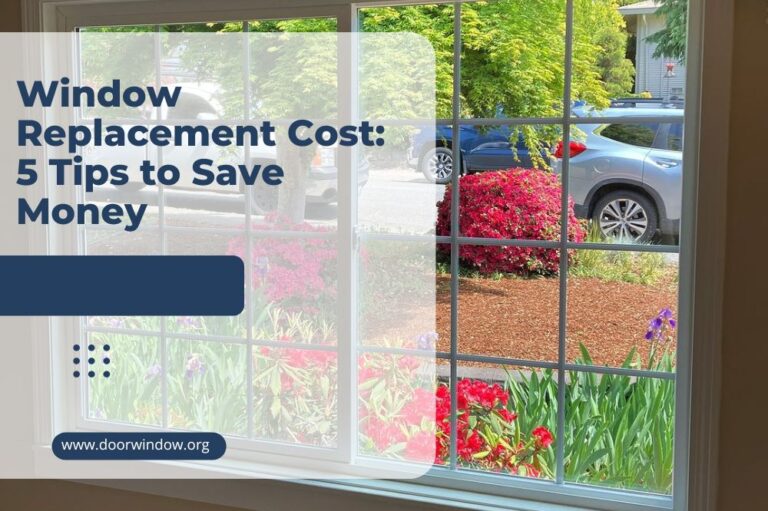How Long Do Windows Last? (Fiberglass, Vinyl, Aluminum & Wooden)
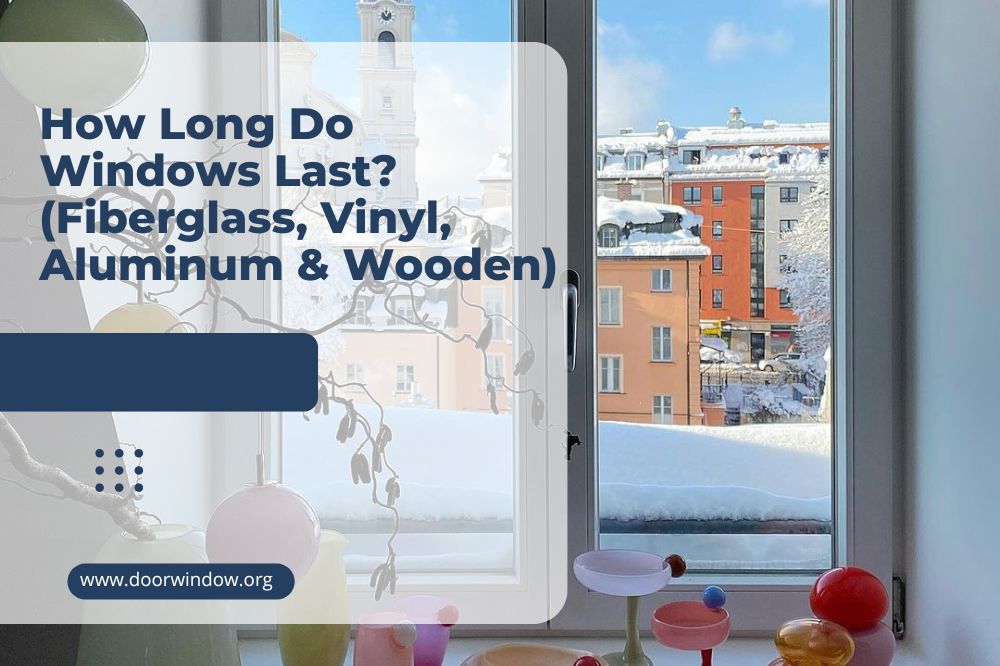
No one thinks about how long do windows last when installing them, but it has become a crucial question over the years. Once the day when your windows become worn out and lose their primary function comes, it is time to decide about the next steps.
Your goal is to improve the existing windows’ energy efficiency and performance, and you should consider available options. They include low-budget DIY projects, like installing window tint films or expensive replacement of all windows on the house. Let’s talk about that.
How Long Do Windows Last
Most windows last about 20 to 50 years, but some are longer-lasting, depending on the material used for their making. The average window lifespan will be:
- 20 and 40 years for vinyl windows
- 15 to 30 years for wood windows
- 20 to 25 years for aluminum windows
- 50 years for fiberglass
Crucial things are to buy reputable brand’s products, hire a professional to install them, and then maintain them appropriately. Their lifespan will depend on numerous factors, including:
- The direct bright sun exposure
- Hot climate
- High air humidity
In such conditions, you can prolong your windows lifetime, but the longest warranty won’t go over 5 to 15 years for most models. You can expect to get a 20- to 25-year guarantee for vinyl windows or practically a lifetime warranty, depending on the manufacturer.
Be prepared to recognize two warranty types:
- The one that covers non-glass window parts, such as the frame and hardware
- The second regarding the glass
Never purchase windows with glass warranties under ten years, but try to find reputable brands’ products with at least 20 years long guarantee. Be careful because some brands cover parts replacement but not installation.
The best and long-lasting window options |
|||
| Window type | Advantages | Downsides | Lifespan |
| Fiberglass | Excellent insulating properties
High noise control Long lifespan Increased house value |
Challenging installation
Expensive |
About 50 years |
| Vinyl | Energy efficient
Easy installation Low maintenance Excellent warranty |
Artificial material
Quality variations |
20 to 40 years |
| Aluminum | Lightweight material
Strong and economical |
Prone to dents
Low energy efficiency |
20 to 25 years |
| Wooden | Elegant classic style Natural material |
Short lifespan
Prone to rotting and termite activity |
15 to 30 years |
You can expect your windows to require some temporary fixes during the years or add insulation and caulking. However, it is necessary to replace the entire unit after this period.
Fiberglass window lifespan
Fiberglass is the most energy-efficient and the most costly option you can find on the current market. It comes in various colors and doesn’t require painting or particular maintenance.
The incredible thing is that you won’t have problems with the material’s expansion and contraction during different seasons. Most manufacturers offer a limited lifetime warranty for this window type.
Vinyl window lifespan
Vinyl is an inexpensive, energy-efficient, and easy-to-clean artificial material with limited color options. High-quality and well-maintained windows made of vinyl can last a few decades, and most manufacturers offer a limited lifetime warranty.
One of the advantages is the possibility to order windows with wood grain finishes that perfectly mimic natural wood.
These moisture-resistant windows will keep the temperature inside the house under control and your energy bills low. Besides, they are highly customizable, and you can choose models with various glass types and grids.
However, they are tricky to paint because saturated color options often lead to increased heating and frame wrapping. Plus, applied paint can become a problem for cleaning when it starts peeling.
Aluminum window lifespan
Aluminum frame windows are an affordable, rust-resistant option that requires low maintenance. It will be enough to wash them occasionally and enjoy them for up to 25 years with a limited lifetime warranty.
Unfortunately, this material is a heat conductor, making these windows low-energy efficient. Plus, only a moment of inattention and light hit can lead to expensive damage only a professional can solve.
Wood window lifespan
A typical warranty for wood window’s non-glass parts is up to 20 years. However, your windows can last forever if you install them correctly, regularly clean and paint them, and protect them from rot.
You should consider windows’ replacement when the frame becomes warped or rotted and when it becomes too hard to open and close. The negative side of enjoying natural beauty is the high price of this option.
Wooden windows are not a solution for you if you live in a region with high humidity or long hot summers. In such conditions, wood is susceptible to mold development, rotting, warping, paint peeling, and rapid decay.
Clad window lifespan
If you want long-lived windows without much maintenance, you should consider installing those made of aluminum-clad wood.
Such windows are wooden inside with an external aluminum or vinyl layer that requires less cleaning but increases their lifespan. Such windows will last for decades unless the vinyl distorts at direct sun or cracks in winter.
Andersen Windows lifespan
These reliable, high-quality windows are not a particular type but a specific manufacturer’s product. However, they are long-lasting, particularly A-and E-series, making them a desirable option.
Interestingly, Andersen’s windows are typically designed of a few different materials, taking the best feature of each.
For instance, a budget-friendly 100 Series is created of a Fibrex composite that lasts for decades. The E-series come with a sturdy aluminum exterior over a wood interior, lasting over 50 years.
Factors That Affect the Window Lifespan
Always pay attention to several crucial factors before purchasing new windows. They can significantly affect their lifespan, so you can save much money by considering them on time.
Materials
Nowadays, most window materials you can find are wood and vinyl, but some manufacturers still produce window frames made of fiberglass and aluminum.
You can expect to use middle-grade vinyl windows for approximately 15 years. However, well-maintained ones made of premium vinyl that contain titanium dioxide can last up to 40 years. This chemical prevents warping, peeling, and cracking over time.
Windows made of fiberglass will last even longer, but inexpensive aluminum models typically require replacement after a maximum of 20 years.
When it comes to wooden windows, things are a bit different. Their lifespan depends on used wood quality, regular painting, and fixing rotting, chipping, and peeling that may appear over the years.
Installation
Only proper installation can guarantee a long window lifespan. It is one of the things you shouldn’t do yourself because a professional installation significantly prolongs window use without constant problems. Remember that only well-installed windows won’t negatively affect your utility bills.
Weather conditions
As you can guess, windows will last differently, depending on the region where you live and weather conditions there.
So, you can expect that the direct bright sun exposure, high air humidity, and hot climate can shorten their lifespan. Things become even worse when you install poor-quality windows.
Time to Replace Home Windows
Most appropriately installed and well-maintained quality windows last for 15 to 50 years. However, you should replace them after a few decades, depending on the material they are made of. The right time is the moment when you notice:
Damaged window frame – The rule of thumb is that you can’t fix a warped, cracked, rotted, or broken frame. Once such damages appear, it is time to replace worn-out windows.
Soft frame – Excess moisture and extreme weather conditions often cause the wooden frame and windowsill to rot. Such wood becomes soft to the touch and requires window replacement.
Condensation – Before installing them in your home, you should know that double- or triple-paned window models have an essential downside. Once a barely noticeable hole appears in a window seal, you will face issues with condensation, fogged glass, and lower energy efficiency.
Getting stuck – Continually window using creates barely noticeable divots and grooves, causing frame cracks over time. Plus, debris builds up in these tiny spaces, resulting in windows that get stuck.
Audible outside noise – Once you start hearing noise from outside through your soundproof windows, you can be sure that they don’t provide adequate insulation anymore.
Damage during harsh weather conditions – Unfortunately, living in a region with bad weather conditions or a hurricane-impact zone means that damaged windows are a part of everyday life.
Therefore, you should purchase windows that resist high humidity, sea salt effects, extreme temperatures, wind gusts, and corrosion and replace them regularly.
Glass is hot or cold to the touch – The standard double-glass pane windows successfully keep the temperature inside your home at a reasonable level. Once the inner pane becomes hot or cold to the touch, it is time to replace the entire window because of compromised seals.
Other occasions – You should also consider replacing your windows in some other circumstances, including:
- Windows on your home are out of style
- It is time for a home makeover
- Cleaning becomes too hard
- When you have a historic home that requires renovation
- As soon as you notice that energy bills are atypically high
Summary
Home windows won’t last forever, but high-quality ones you maintain appropriately can be functional for at least two decades.
However, their deterioration will depend on the weather conditions in your region, chosen model, and installation quality. Once they become inefficient and damaged, it is time to replace them regardless of age.

